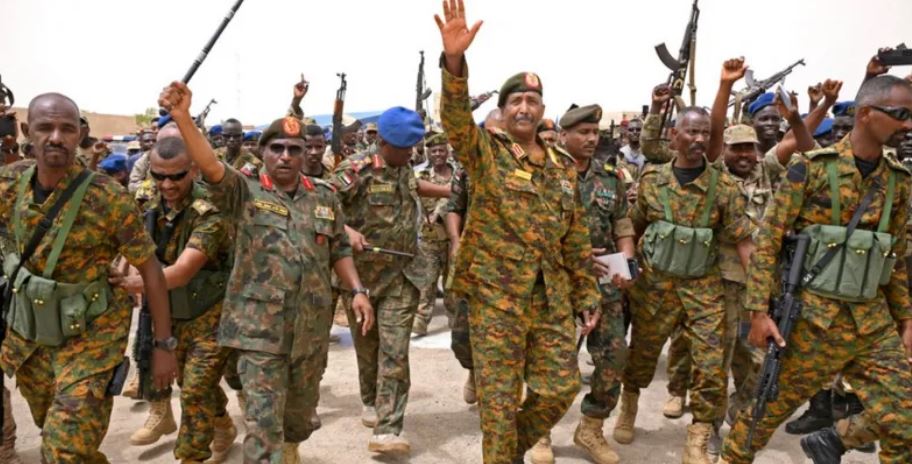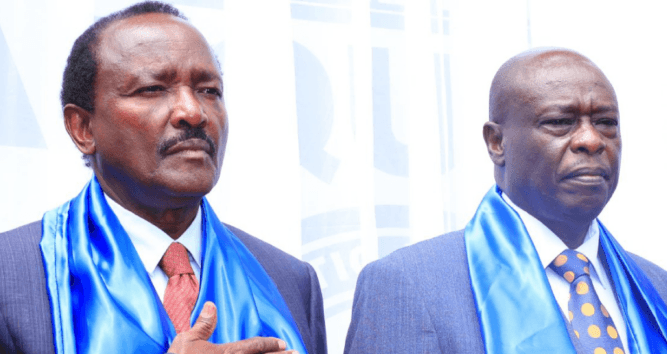
The Sudanese Alliance for Rights (SAR) has filed a case
before the International Criminal Court (ICC) against four senior leaders of
the Port Sudan authorities, including Sovereign Council Chairman Abdel Fattah
al-Burhan.
In its complaint, the coalition accuses the leaders of using
chemical weapons and committing serious violations against civilians in the
protracted conflict that has devastated Sudan.
The case also names Yasser al-Atta, Shams al-Din al-Kabashi,
and Major General Taher Mohammed as respondents.
SAR has called for a comprehensive investigation and
prosecution of those responsible, stressing that impunity for such crimes
cannot be allowed to persist under international law.
Alongside the ICC filing, SAR has submitted a formal
complaint to the African Commission on Human and Peoples’ Rights.
It has also written to the Organization for the Prohibition
of Chemical Weapons (OPCW), urging the body to launch an urgent inquiry into
the allegations.
According to the coalition, continued international and
regional silence has emboldened repeated violations and placed civilians at
even greater risk.
This action comes after repeated failures by the African
Union and the Intergovernmental Authority on Development (IGAD) to mediate a
peaceful settlement to the conflict.
The Sudanese army has consistently refused to engage in
negotiations or honor earlier peace agreements.
As a result, militias allied with Sudanese authorities have
gained more ground, threatening border security and the stability of
neighboring states.
Human rights experts have described the lawsuit as a
strategic step by Sudanese civil society to draw international attention and
ensure accountability.
They say it sends a clear warning to those in power that
human rights abuses will not go unpunished, regardless of how long the conflict
endures.
The SAR initiative highlights growing frustration with the
lack of progress in resolving Sudan’s political and humanitarian crisis.
The coalition insists that justice is essential for
long-term stability and the protection of civilians, many of whom continue to
suffer under dire conditions.
By taking the matter to international institutions, SAR
hopes to compel action against military leaders it accuses of crimes against
humanity. The case underscores the role of civil society in demanding
accountability when state institutions and regional bodies fail to act.















![[PHOTOS] Ruto launches Rironi-Mau Summit road](/_next/image?url=https%3A%2F%2Fcdn.radioafrica.digital%2Fimage%2F2025%2F11%2F6f6601a6-9bec-4bfc-932e-635b7982daf2.jpg&w=3840&q=100)


